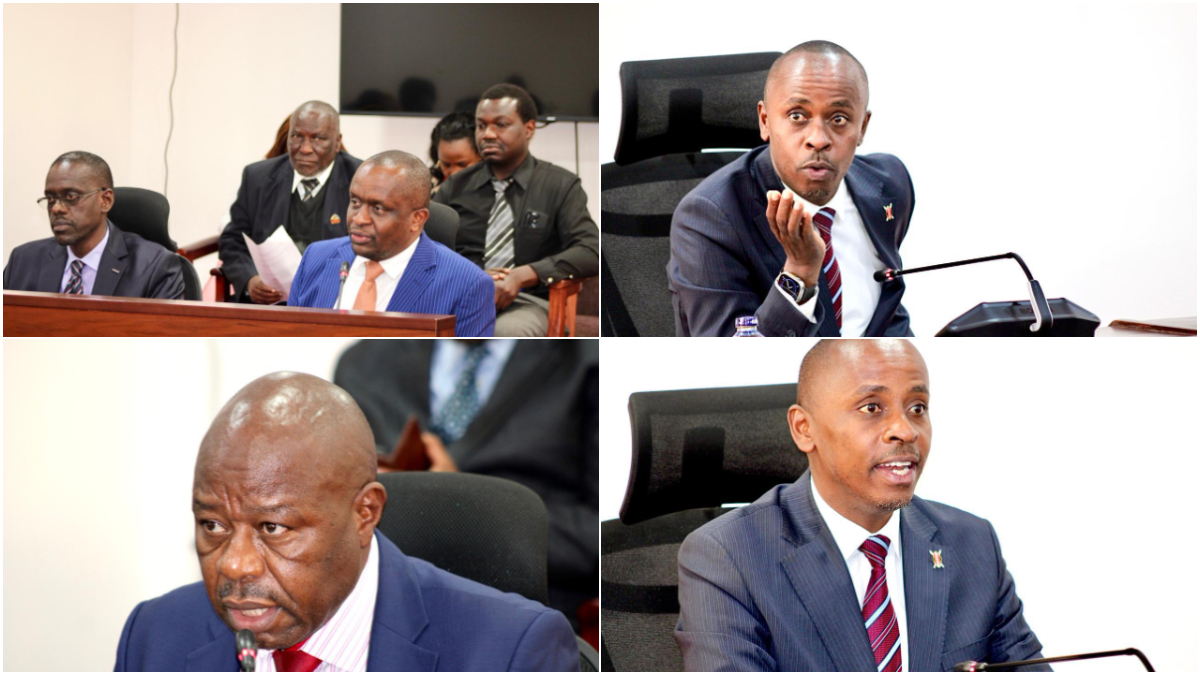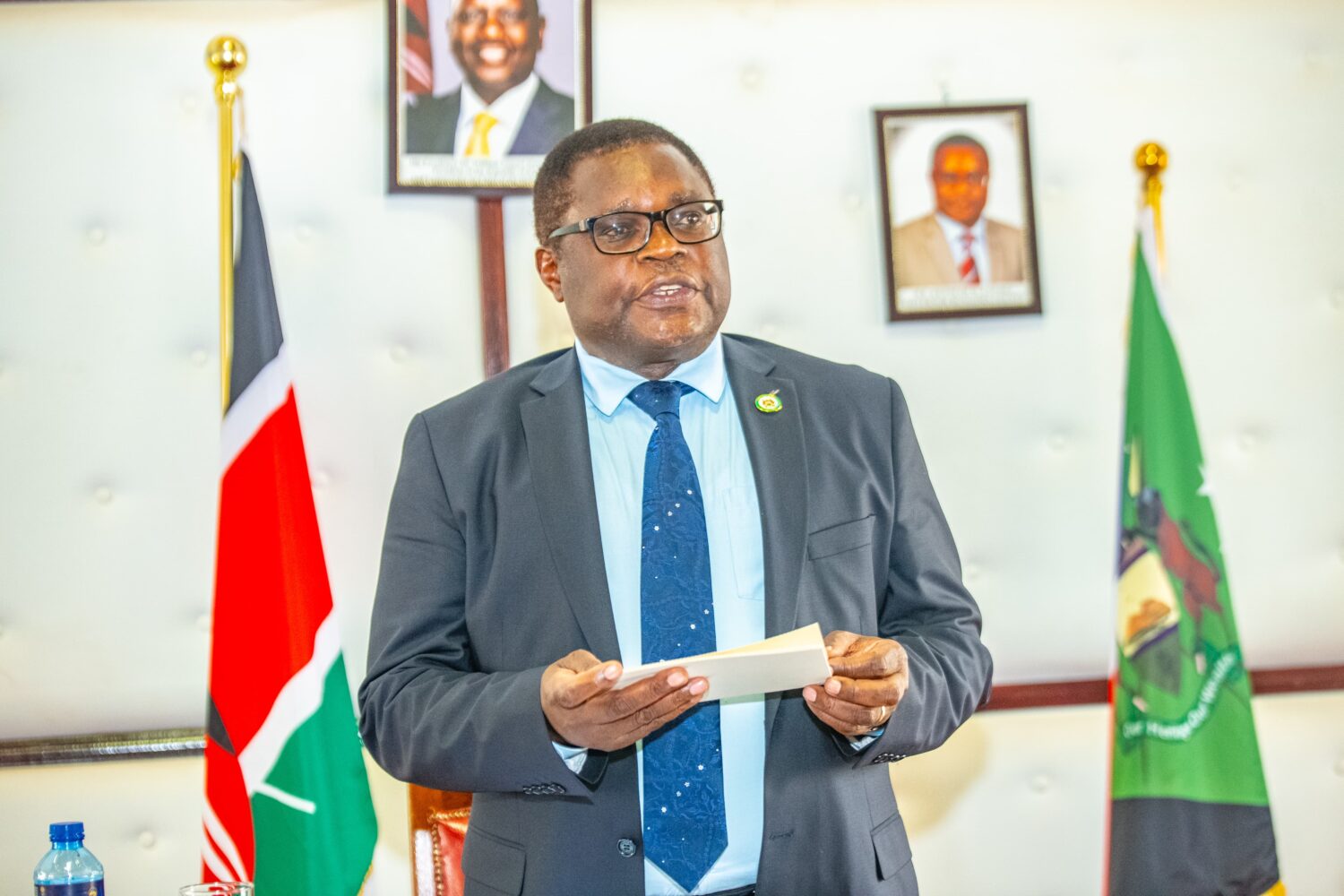The National Assembly Committee on Communication, Information, and Innovation (CII), chaired by MP John Kiarie, met with stakeholders to deliberate on Aden Mohammed’s proposed amendments to the Computer Misuse and Cybercrimes (Amendment) Bill, 2024.
The meeting brought together representatives from the Ministry of ICT and the Kenya Alliance of Residents Associations (KARA) to discuss the implications of the proposed changes.
The Ministry of ICT, represented by Principal Secretary Edward Kisiang’ani, recommended a complete review of the Computer Misuse and Cybercrimes Act, 2018, arguing that responsibilities related to cybercrime should be clearly delineated.
According to the Ministry, the Ministry of Interior and National Administration (MINA) should handle cybercrime prosecution, while the Ministry of ICT and Digital Economy (MICDE) should oversee cybersecurity matters. PS Kisiang’ani noted that this division would eliminate uncertainties over mandates and ensure a more coordinated approach to dealing with digital threats.
However, MP Kiarie raised a concern that the proposed amendments might be politically motivated. He questioned whether the bill was a response to increasing online criticism of the government.
“Is this a knee-jerk reaction to unfavorable comments on social media about the government? Will media houses be shut down for being critical of the government?” he asked pointedly.
In response, PS Kisiang’ani refuted any claims that the bill was intended to silence critics, instead framing it as a necessary step toward national cybersecurity.
“This is a private member’s bill. The law allows that we interrogate it. It doesn’t need to come from the government if it’s for the good of Kenyans. The role of government isn’t to threaten citizens, but to listen to them. Government isn’t dealing with citizens who are criticizing it. If you don’t listen to your citizens, you will find yourself in a mess,” he stated firmly.
The Committee took note of the recommendations made by the Sector Working Group, which called for the development of a National Cybersecurity Policy to address growing cyber threats. Other proposals included the establishment of a National Cyber Security Agency (NCSA) to serve as Kenya’s primary cybersecurity point of contact, as well as the creation of a Cyber Police Unit to investigate and prosecute cybercriminals.
The session also heard from KARA’s CEO, Henry Ochieng, who underscored the need to balance digital freedoms with online safety.
“Cyberbullying is a big challenge that even leads to suicide. How do we balance between protection of freedom of rights and protection of people? We need to differentiate between civil liability and criminal liability. We need to strengthen our defamation law to help mitigate cyberbullying,” he stated.
KARA further proposed that websites violating digital rights should not only be taken down but also have their unlawful content removed upon court orders.
As the deliberations unfolded, the Committee committed to examining the amendments thoroughly to ensure they do not stifle press freedom or criminalize legitimate online discourse.












